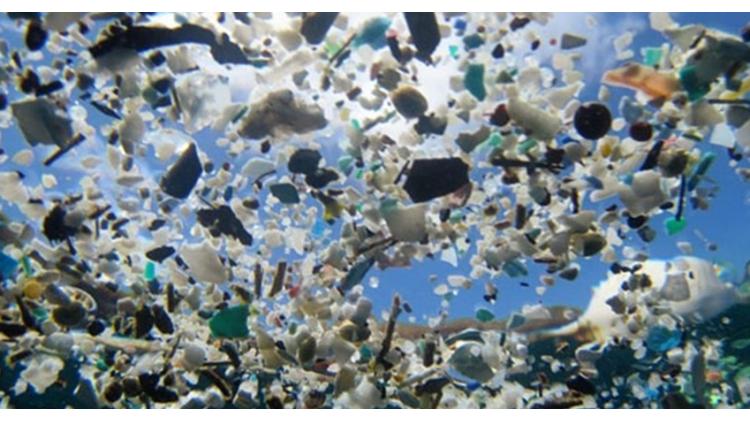The Plastic Plague: Practical Ways to Make a Difference
Dr Anne Morris, Chair of the ICJW Committee for Environment and Sustainable Development, with Jeannette Tsoulos and Jade Weiner, have put together some guidelines to help ICJW members around the world to cut their plastic consumption and help protect the planet.
Perhaps we hardly noticed how it happened, but plastics surround us. They are in our clothes, our cars, our homes, our children’s toys and of course, the unnecessary and excessive packaging that is hard to avoid when we shop.
After decades of plastic accumulating in our landfills and choking our seas and waterways the world has suddenly begun to notice that plastic has become an environmental disaster. Turtles, albatrosses, fish and dolphins die tangled in plastic or with their guts full of plastic.
It is some years since researchers noticed that plastic was accumulating in regions between the ocean currents, forming “great garbage patches”, one of these being three times the size of France. And these patches continue to grow.
The public is now becoming aware of the scale of the microplastics problem – the billions of plastic bits resulting from the breakdown of larger plastic, or deliberately added to multiple products. These include microbeads – tiny grains of plastic added to thousands of skin, cosmetic and cleaning products and even toothpaste, without our knowledge. Washed into our drainage systems, these find their way into all ocean creatures from the smallest organisms to the largest fish. We also ingest them. Despite the public outcry about microbeads hidden in our everyday products, they continue to be used.
Then there is the problem of the thousands of microscopic fibres shed by nylon and polyesters with each wash, billions of fibres ending up in our oceans and in the guts of fish.
Packaging is a large part of the plastic problem, compounded by consumerism and “throwaway living”. Two thirds of packaging is for food and beverages. Food packaging is vital to a globalised food market and is one of multiple environmental problems caused by agribusiness monopolies. The greater the distance that food travels, the more packaging is needed.
What can we do?
Firstly, we should avoid products with microbeads. Please check this list to identify the products in your country that contain them. We should all avoid these products, and spread the word about them.
Many of us are attempting to rid plastic from our lives, returning to products and fibres that were always there before plastics were invented. Recycling, though important, is not capable of coping with the scale of plastic rubbish. We all need to become active in reducing or eliminating our use of plastic and plastic packaging. We can use our own bags for shopping instead of plastic bags, and refuse to buy food that is needlessly packaged. Many customers lobby their supermarkets to stock goods with reduced or no packaging.
There are new businesses in some countries known as zero-packaging food stores, or zero-waste grocery stores, offering food without packaging. Customers bring and refill their own containers with food products and household products (soap, dishwashing and cleanings powders).
Zero-packaging stores are also beneficial as they encourage sourcing locally. They therefore play an important role in supporting local producers. Rather than depending on globalised agribusiness monopolies, they help in regenerating the diversity of local rural enterprises and communities. This means less packaging, fewer poisonous chemicals, reduced food miles, reduced monocultures.
We can all do something positive about the environment if we cut our own plastic consumption and support these initiatives.
